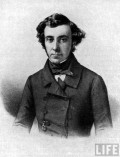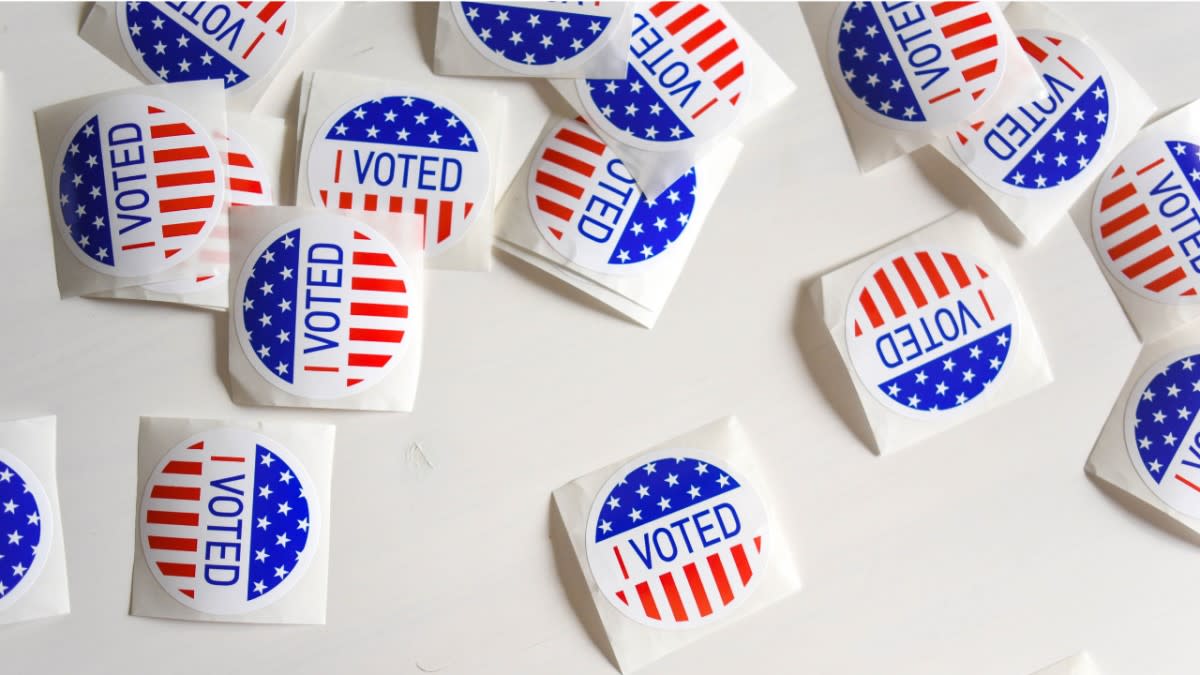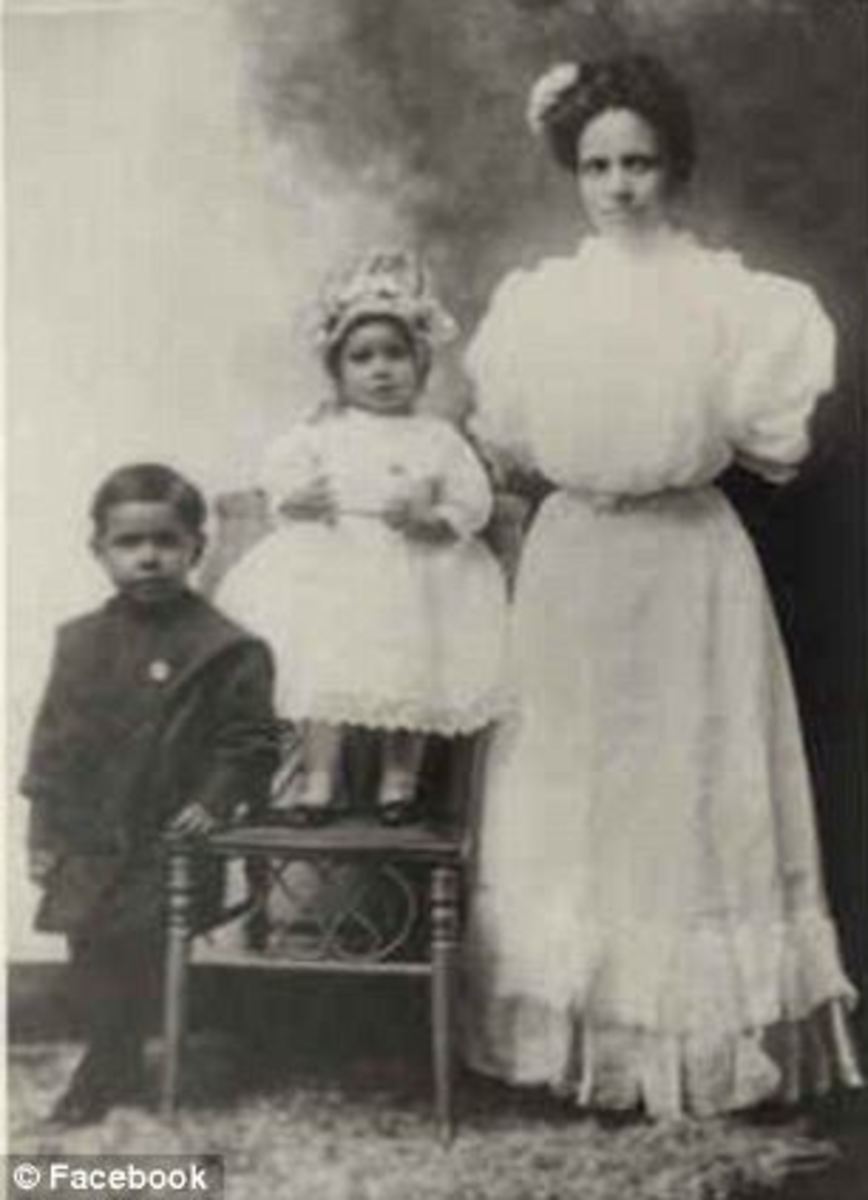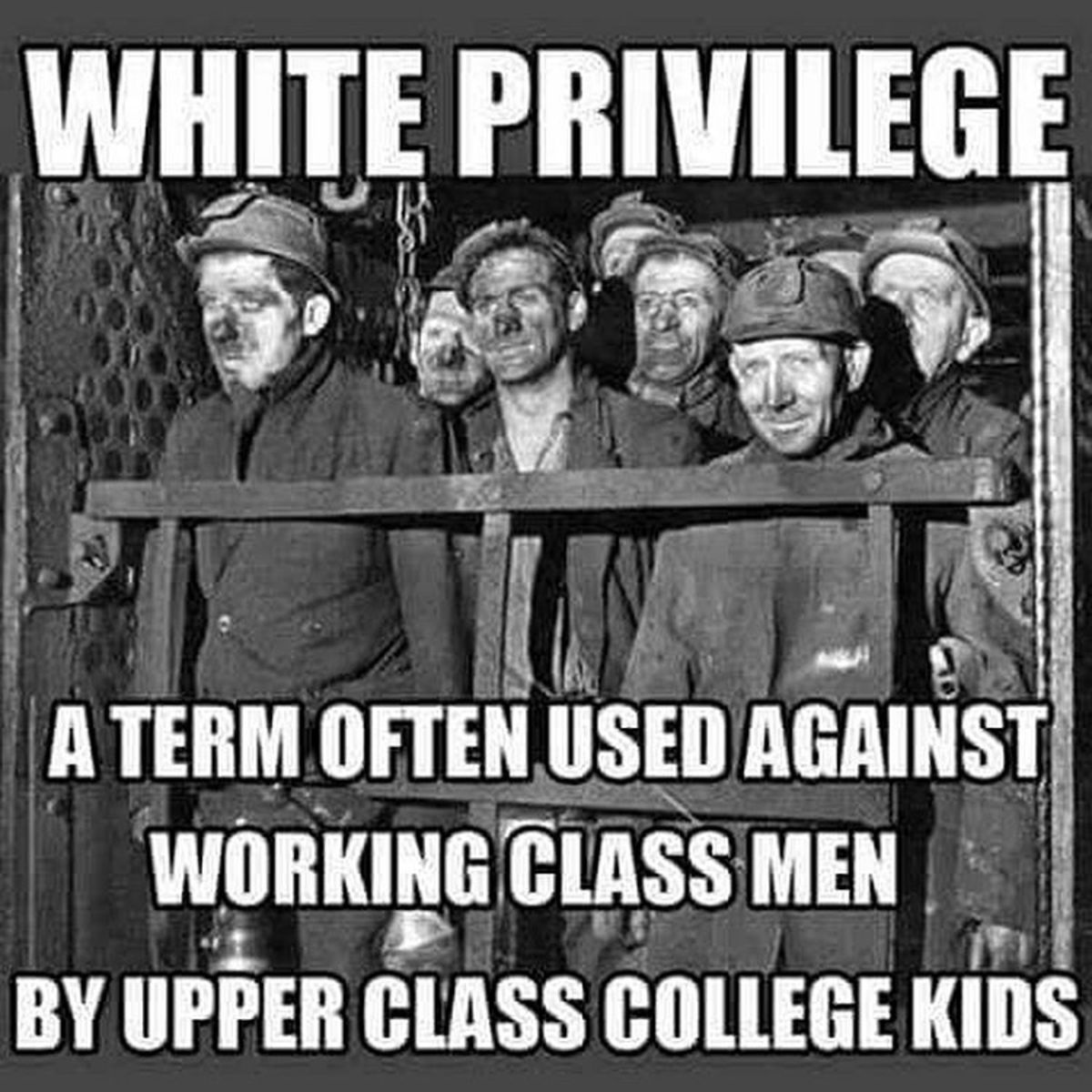Alexis de Tocqueville: Democracy in America (Looking back the 1830s America)
Alexis de Tocqueville
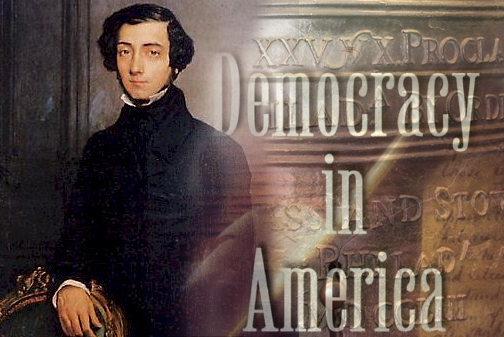
Democracy in America back in 1830s
What was America like back in 1831 by Michael M. Nakade
(A fictional Interview of Alexis de Tocqueville in 2009.)
Interviewer: Thank you, Mr. de Tocqueville for agreeing to this interview. You wrote an endearing classic called “Democracy in America” way back in 1831. American History textbooks still mention your work in order to show our school age children how America was like back in 1831. Some historians call it the most comprehensive and insightful book ever written about America. How do you feel?
Alexis de Tocqueville (hereafter A.T.): Thank you for the opportunity to answer your questions. I had no idea that my work would continue to be studied today in college in America and everywhere else. Perhaps, the book’s success had much to do with its comprehensive approach. I discussed topics from: religion, the press, money, class structure, racism, the role of government, and to the judicial system. I was making an observation that America was distinctly different from Europe back in 1831. Two things in particular caught my attention, and they were America’s commitment to equality and the democratic system of government. Europe in 1831 wasn’t like America at all. I thought it was worth reporting it to folks back in Europe, especially my home, France.
Interviewer: In 2008, Mr. Barak Obama was elected in America. Did you ever think that America would elect a biracial person, half black and half white person, for president?
A.T.: To be perfectly honest with you, I did not. I was visiting America in 1831, the period known in history as the Age of Jackson. America was divided into the free northern half and the slave southern half. The differences between the two were too obvious to ignore. Many of what I wrote regarding the American characters was found in the North, and not in the South. The Southerners were fine with treating the Africans as properties. I could not have predicted that America would one day choose a biracial man for the presidency.
Interviewer: When you heard of the civil war starting between the Southern states and the Northern states in 1861, were you surprised?
A.T.: No, not at all. The society in the south was VERY different from the society in the north. It was almost like two different nations in one country. The United States were not very united, as a result. The labor system in the North was a wage labor system, while the South held on to slavery. Rich people in the South disdained hard labor because they thought that physically demanding work was beneath them to do. The American Civil War was something that was going to happen, given two different national identities and characters in one nation. In other words, something had to give.
Interviewer: Were you surprised that the North won and restored the Union?
A.T.: No, I was not surprised because I saw with my own eyes how industrial North was back in 1831. The Industrial Revolution and the Transportation Revolution were taking place at a rapid rate in the North. They were producing goods and were transporting them to all over the country and to overseas. The South, on the other hand, was content on producing cotton. A few huge plantation owners enjoyed immense wealth from the slave labor based economy, but the economy of the South as a whole was very small compared to that of the North. The North was moving toward the future, while the South remained in the past.
Interviewer: So, your character analysis of America in 1831 was pretty much limited to the Northern part of America. Correct?
A.T.: That’s correct. In the North, I saw people’s commitment to equality and the democratic system of government. In the South, the plantation owners were acting like a group of British aristocrats. The class struggle within the southern society was obvious. The presence of 4 million slaves in the South made the idea of democracy nearly impossible to sustain.
Interviewer: Would you explain to us what you meant by America’s commitment to equality?
A.T: Just as the early childhood experiences shape a person, the early stage of national experiences shape the character of the latter nation and the way of life. America began as a wild piece of land that needed to be tamed by the European colonists. These Europeans in America began their new lives with clean slates. Their prior statuses back in their homeland didn’t matter when they arrived in America. Everyone was an immigrant. Everyone had to work hard to survive. No one was given a special treatment in order to succeed in America. Success was entirely up to each individual’s talent and willingness to work hard. Equality in this sense was deeply ingrained in American character. I was really struck by America’s egalitarianism. In Europe, it just wasn’t like this back then.
Interviewer: I see. Yeah, America is fundamentally different from the tradition rich Europe. I learned in my American Government class that the Founding Fathers prohibited the titles of nobility given to American citizens. It was specified in the U.S. Constitution. Now, I want to ask you about American Democracy. You folks didn’t practice democracy in Europe in those days?
A.T.: I know it sounds strange to people of the 21st century, but the word, democracy, was a radical concept back in 1831. Hardly anyone in Europe believed that common people were equipped to make important decisions on behalf of the entire nation. The idea of majority rule sounded very dangerous because it was interpreted as a mob rule. We felt that it was more prudent to have a group of few highly educated people making important decisions on behalf of the entire nation.
Interviewer: I never thought of that. Democracy is the only form of political system that I know as an American. I didn’t realize that it was peculiarly American in the modern world history. Do you think equality and democracy go hand in hand?
A.T.: Absolutely. Actually, that was the whole point of my book, Democracy in America. The American democratic system in 1831 allowed all free white male adults to participate in the election. It meant that one vote of a poor man was as good as one vote of a wealthy man. This equality is the foundation of democracy. More importantly, the elected leaders are always mindful of public opinion. They need to be approved by the public. And, if they don’t, they will be replaced. The democratic system has a built-in safeguard against tyranny and autocrat. I was very impressed with the American democratic system.
Interviewer: So, you thought our American system was ideal?
A.T.: Well, not really. As I said before, the Southern half of the country dependent on the slave labor for the production of key farm products. Although democratic in terms of election, the society in the South was not committed to being fair and egalitarian. Also, have you heard the phrase called “The Tyranny of Majority?”
Interviewer: Yes. The Founding Fathers were afraid of that.
A.T.: I’m impressed that you know that. The Tyranny of majority means that the views of minority groups are often suppressed. The majority group can impose their will on the rest of the society through all types of harassment and threat. I was aware that the Southern states censored Abolitionist literatures. The Pro slavery view was the majority view in the South, and this view did not give the Abolitionists in the South the right to free speech and press. In a truly free and democratic society, different views are tolerated. But, when the majority view becomes tyrannical, the freedom of speech for people of minority views is curtailed.
Interviewer: I see. The rights of the minority must be respected in democratic system, but it is not always easy when we think we’re an overwhelming majority. Now, let me ask you this: Are there anything else that you noticed about America that was striking?
A.T.: I have to say ‘informality’ of the people in general. I was astonished and pleased with what I saw as a lack of "surface veneer." When I met President Jackson, I was overwhelmed with the absence of decorum. His simple manners and friendly behavior made me forget I was talking to the chief executive of thirteen million people. Generally speaking, ranks and status do not enter into American people’s mind. Everyone treats everyone else equally.
Interviewer: It’s interesting to hear that you mention this. I have been an American all of my life, and I have nothing to compare to. It never occurred to me that Americans are informal. I guess people of other parts of the world are culturally different from us. Now, let me ask you if America becoming a super power in the world surprised you.
A.T.: Not at all. Back in 1831, I saw many Europeans were immigrating to America. I knew that the trend would continue. In 1848, a huge wave of Irish immigrants arrived in Boston and New York. Later, persecuted European Jews arrived, followed by the Italians and Eastern Europeans. America always had an amazing ability to welcome and accept foreigners. Within a generation or two, these immigrants’ descendants learn English and become fully Americanized. Free public school education seemed to work very well for America. This being said, I saw tremendous potential in America’s growth.
Interviewer: I can see why people call America ‘the melting pot.’ We all came from somewhere else, unless, of course, if you’re a Native American. Okay. The last question. In your book, you talked about ‘religion’ often. Why so?
A.T.: You see, I like what I saw in America’s industrious and indomitable individualism. Americans know that they can become anything they want to become, regardless of their family ancestry. They know hard work and talent are two ingredients for their success. If they fail, they don’t usually blame their father or grandfather’s lack of status in society. But, American individualism can potentially lead to serving only one’s self-interest. Let me give you an example. One young man wants to become a doctor, even though his family is poor. He studies hard and gets good grades in schools. In order to enhance his chance to get into medical school, he volunteers at a local soup kitchen and a homeless shelter. His self-interest matches society’s interest, and it’s a good combination. But, I feel very uneasy about one’s trying to be giving to others for the sake of pursuing self-interest. Being good must be for the goodness sake. If one does good deeds for the purpose of furthering self-interests, one’s character is undermined. That’s why I want and expect religion to play a key role in America’s individualism. Each person with an ambition should be nurtured spiritually so that his or her ambition won’t turn him/her into a goal-pursuing machine. I sensed that many Americans were highly driven to be successful with little religious sentiment. That’s why I devoted many pages on Religion in my book.
Interviewer: Thank you very much, Mr. de Tocqueville. I can see why your book, Democracy in America, is still being read 180 years later. Your insight into American character is priceless.
(This work is based on the audiotape, Giants of Political Thought – Democracy in America, Alexis de Tocqueville, produced by Knowledge Products. Author: George H. Smith and Wendy McElroy. 1987)

